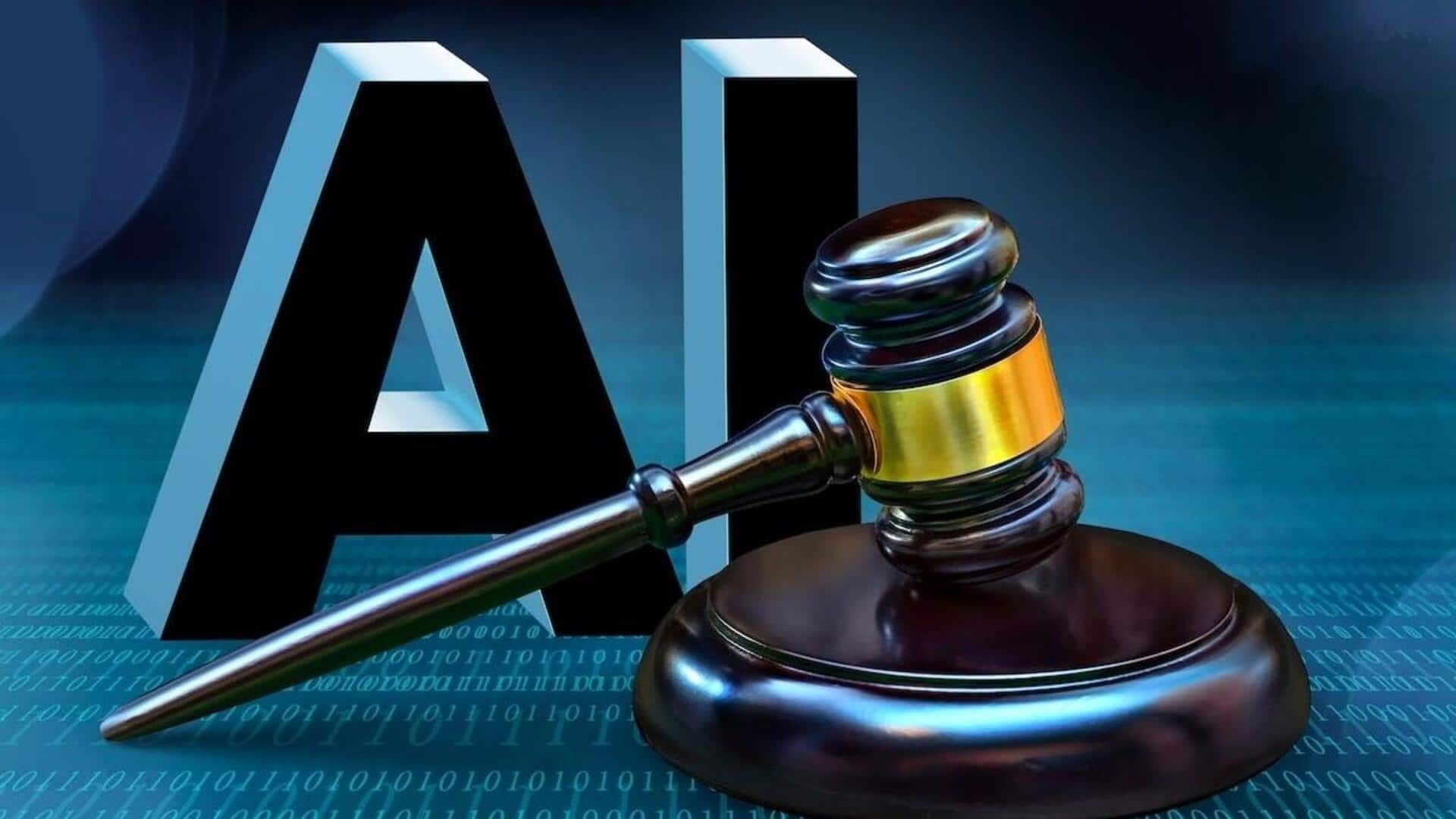
California law sets precedent with mandatory AI safety disclosures
What's the story
California Governor Gavin Newsom has signed a landmark bill, SB 53, into law. The legislation requires major artificial intelligence (AI) companies such as OpenAI and Google to disclose how they plan to mitigate potential significant risks from their cutting-edge models. The move comes as part of California's efforts to lead the way in regulating an industry critical to its economy.
Regulatory approach
Newsom's stance on federal standards
In a press release, Newsom emphasized that California can create regulations that protect communities while allowing the growing AI industry to thrive. The new law fills a gap left by the US Congress, which has yet to pass broad AI legislation. If federal standards are established, Newsom said he would expect state lawmakers to ensure alignment with those standards while maintaining SB 53's high bar.
Compliance requirements
New law's requirements and penalties
The new law mandates companies with over $500 million in revenue to assess the risk of their advanced technology going rogue or being used to develop bioweapons. These assessments must be disclosed publicly, with fines of up to $1 million per violation. Jack Clark, co-founder of AI company Anthropic, praised the law as "a strong framework that balances public safety with continued innovation."
Industry pushback
Criticism from tech firms and potential consequences
Despite the positive reception from some quarters, the new law has also drawn criticism. Some tech firms have argued that state-level AI policy could create a "patchwork of regulation" hindering innovation. This was echoed by Collin McCune, head of government affairs at Andreessen Horowitz, who warned SB 53 could set a precedent for states to lead in governing the national AI market.
Potential preemption
Federal standard discussions amid state regulations
US Representative Jay Obernolte, a California Republican, is working on AI legislation that could preempt some state laws. Other Democrats are also discussing how to implement a federal standard. US Representative Ted Lieu asked at a recent House hearing on AI legislation whether regulation should be left to individual states or Congress.